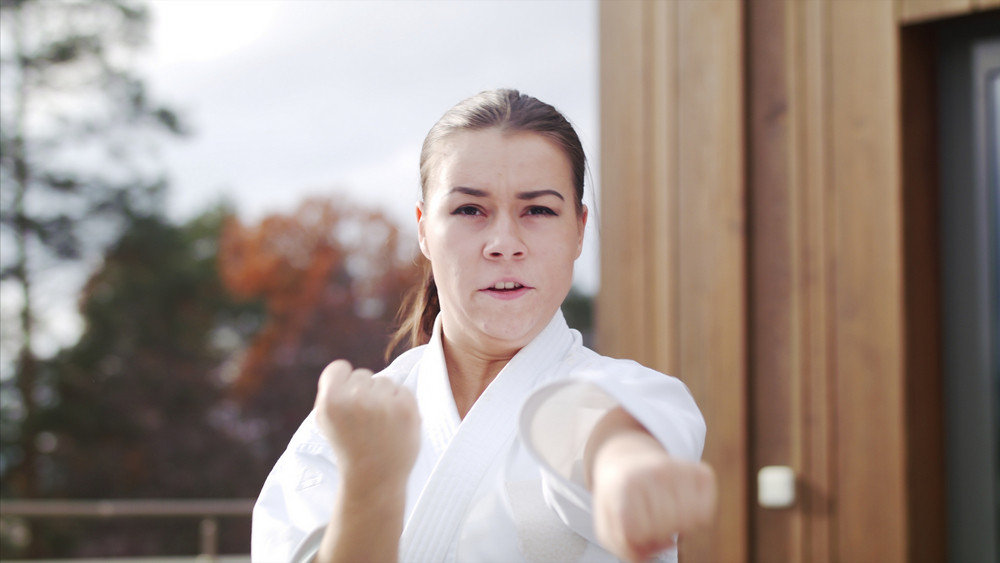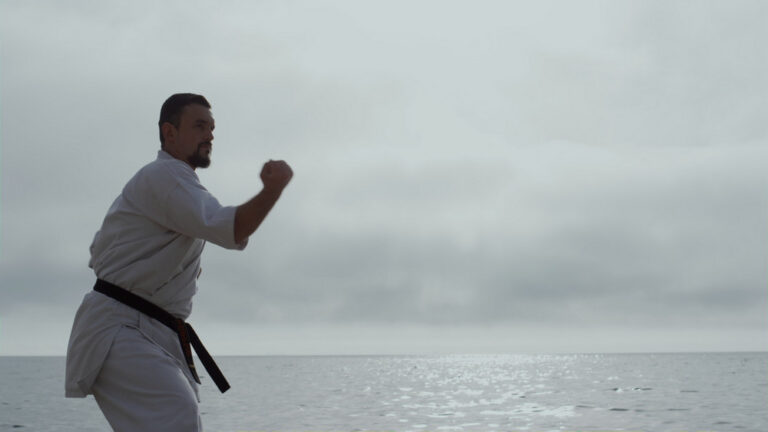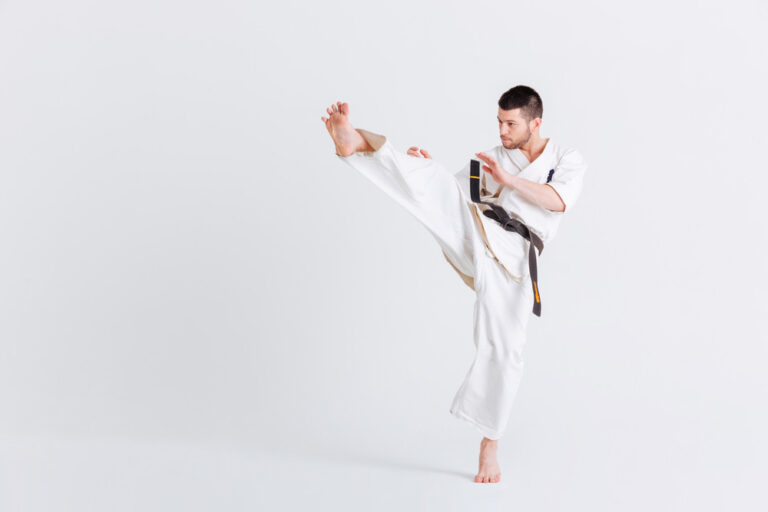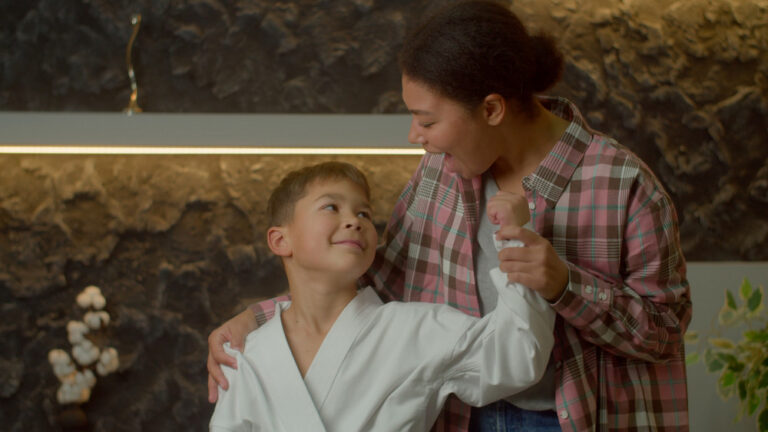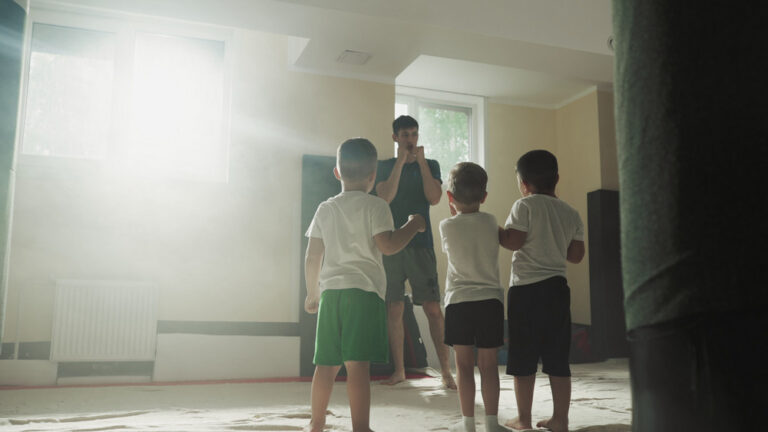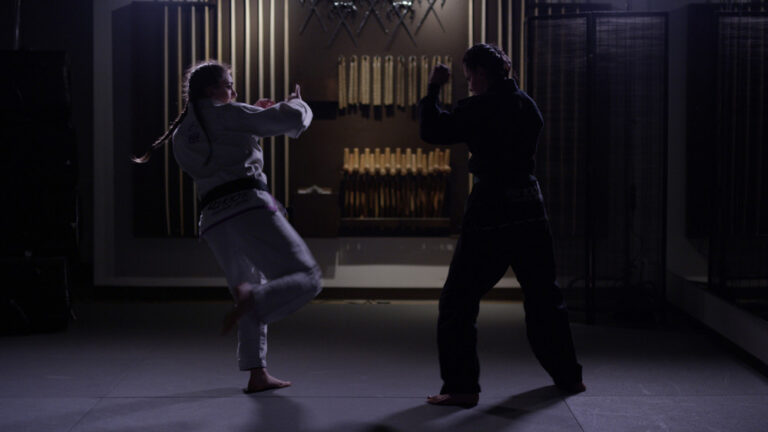Debunking Common Myths About Karate Classes
Karate has become a popular choice for fitness and self-defence worldwide. Despite its growing popularity, several myths about karate classes persist, often deterring potential students from exploring this dynamic discipline. In this blog post, we’ll address and debunk some of these common misconceptions, providing clarity and encouragement for those considering taking up karate.
Myth: Karate Is Too Aggressive
One pervasive myth about karate is that it is too aggressive and primarily focused on fighting. However, karate is not about violence but rather self-discipline, respect, and personal development. Practising karate involves mastering techniques that enhance physical fitness, mental focus, and emotional balance, making it a well-rounded and empowering practice. Many students find that karate enables them to handle conflicts with greater calm and confidence, rather than with aggression.
Myth: Karate Is Only for the Young
Another common misconception is that karate is only suitable for children or young adults. In reality, karate is a lifelong practice that can be adapted to suit any age or physical ability. Classes are often tailored to individual skill levels, ensuring that everyone can participate safely and effectively. While karate classes for kids remain a popular and valuable option, adult students are increasingly discovering the benefits of this martial art as well. According to Statista, in 2023, around 6.6 million individuals practised martial arts in the U.S., marking a 31% increase since 2010. This growth reflects broader awareness and participation across all age groups, debunking the age barrier myth.
Myth: Karate Takes Too Long to Learn
Some people believe that achieving proficiency in karate takes too many years and isn’t worth pursuing. While it’s true that reaching advanced levels requires dedication and practice, the benefits begin from the very first class. Karate improves flexibility, strength, and coordination, offering immediate advantages for physical health and well-being. Additionally, the supportive community atmosphere found in most dojos makes learning rewarding at every stage. Whether you’re a beginner or returning after years away, karate classes — including karate classes for kids and adults alike — emphasise steady progress and personal growth over perfection.
The myths surrounding karate classes can often obscure the true value of this enriching martial art. In reality, karate is accessible to individuals of all ages and backgrounds, with a focus on personal development rather than aggression. With its rising popularity and wide appeal, there’s never been a better time to challenge these misconceptions and experience what karate truly offers. Whether you’re seeking fitness, mental discipline, or a strong sense of community, karate provides a path worth exploring.

